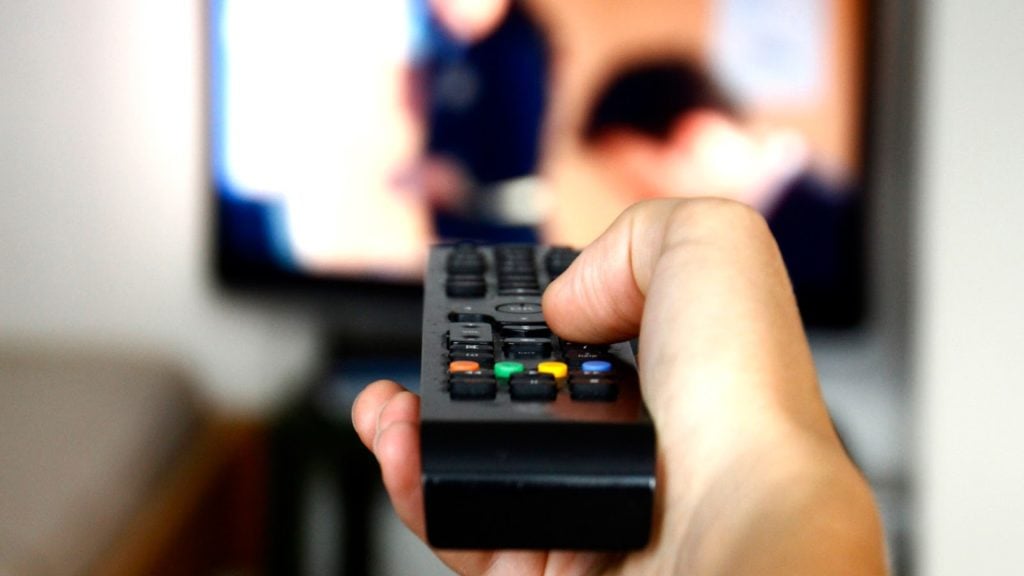News has never been faster, shorter and easier to get. It’s always at our fingertips – and as you swipe away on an inshorts notification from your lockscreen, you will realize that I mean, quite literally, at our fingertips.
While our living room conversations often veer to the day’s scandalous headlines, there is another conversation that needs to be had: from where do you get your news?
Let’s clear the slate and run through the statistics: today, 68% of Indians consume news on their mobile phones. More than a half of this percentage of news is sourced from Facebook and Whatsapp forwards, and the other half lends itself to Instagram posts and tweets. Of course, a fair share of the populace still needs its morning newspaper with chai. Evenings in the house are tuned with the sound of the TV’s news bulletin and dinners are had in front of heated debates. However, there is no denying that young Indian millennials and the Gen-Z have made way for somewhat of a revolution in new consumption patterns. News now comes to us by more ways than one – a link shared on facebook, a story on Instagram, an instant update on twitter. News apps provide the ease of a quick glance at your notifications to help you keep up – in fact, 12% of the news-consuming population reported that alerts and notification on their mobile phones is their primary source of news. Increasingly, it feels like you have multiple avenues to get your daily headlines – but the next question you need to ask yourself is this: how much control do you reign over the news you get?
Social media allows us to pick and choose where we get our news. This sets up a design that dictates most of our newsfeed: you align yourself to a certain line of beliefs and follow personalities, news pages and people who fall into this line. On platforms like Twitter, your feed often shows tweets and users who believe in similar ideologies. The ‘discover’ page on Instagram offers suggestions for ‘news’ pages with long winded opinions and comment section battles. Platforms like Facebook were never made for dispensing and sharing news – but today, it stands as one of the biggest social media websites doing just that. It’s like a leisurely morning newspaper for many – scroll through your feed, read articles, share and comment. Friends and family tag each other. As millennials, Facebook may not be our go-to for morning news – but we cannot remain blind to the fact that it is for a significant chunk of the country’s mobile-owning population. Twitter, on the other hand, is fast, short and heated. You and I use it, and statistics show that it is a much more credible source for news. The limited word count means it is a place of headlines, opinions and retweets. During a distracted scroll through these social media in your free time, you consume more news than you even realize.
Often, your social media will feed you opinions that you already believe in, thus eliminating your right – and quite frankly, your duty – to hear both sides of a story. Media has been long blamed for giving way to polarization – and social media algorithms don’t help.
Media echo chambers are not a novelty. In a world where news outlets stick to ideologies and whatsapp forwards make for solid news, it is easy to surround yourself with like minds and refrain from doubting your own opinion. Echo chambers limit your ability to think outside of your definition of “right” – to even hear someone out whose opinion differs from yours. Personally, I have been a victim of this more often than I can remember. Let me know if this sounds familiar: I follow people on Twitter who are loud and clear about many issues. Their opinion feels “right”. I tend to agree to most of them, because I feel like my conformity with their thoughts is a way for me to stick more firmly with my ideology.
There is something inherently wrong in going about social media like this.
This is not to bring a social algorithm scandal to the fore. We already know how social media works – we did when we signed up for it. This is to make you question, to dissent and to explore. To get your news from more than a single news outlet. To lift your faith from a single tweet. As young Indians, to read and to spread news is our duty, perhaps now so more than ever. It is, at the same time, our duty to remove ourselves from the echo chamber that we’ve built. To not be a victim of our own bias. Question the categorical “woke-ness” on Twitter and open your minds to another opinion. Look up a piece of news before battling it out on Twitter. It’s only our duty.
Anushka Mukherjee is a Blogger at One Future Collective.
Featured image source: Chicago Tonight
